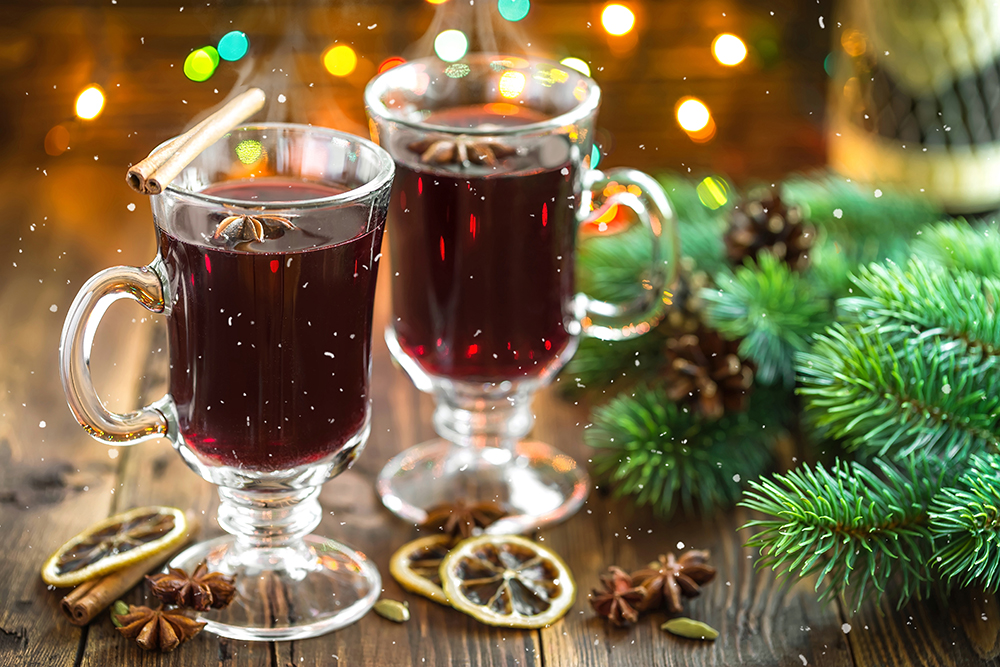
No prizes for guessing that alcohol is the main culprit triggering a cascade of reactions in the body that lead to the nasty symptoms we know of as hangovers!
When alcohol intake is excessive, it significantly depletes glutathione levels. This stops the liver from fully functioning and leaves the body with a highly toxic compound (much more toxic than the alcohol in its original state) which produces many of the nasty side effects
What causes hangovers?
Alcohol consumption affects mechanisms in the body that make you urinate more leading to dehydration. The consequent lack of water to the brain leaves that fuzzy, tired feeling and is responsible for the overwhelming desire to guzzle litres of water!
Alcohol metabolism in the liver produces toxic by-products called acetaldehydes.Because these compounds are far more toxic than alcohol itself they cause feelings of nausea and also lead to flushing, sweating and vomiting.
Heavy drinking also plays havoc with your immune system – triggering an inflammatory reaction. Poor concentration, loss of apetite, muscle aches and memory problems are often caused by the substances produced during an inflammatory response.
6 top hangover tips
- Dilute the effects of alcohol
Prevent dehydration by filling up on water between alcoholic drinks. Before sleeping drink another large glass of water.
- Fill your boots!
Lack of food in the stomach, just accelerates the absorption of alcohol and can cause more irritation to the stomach. So, eat before you go out and snack whilst drinking. The Mediterranean habit of providing small snacks with alcoholic beverages is a good practice to follow!
- Avoid darker varieties of alcohol
Clear alcohols like vodka, gin and white wine contain less congeners than drinks like red wine and whisky so are likely to cause less negative effects.
- Recognize when to stop drinking!
When you start to feel that hyper, whizzy feeling, it’s a signal that your liver is not coping very well with the alcohol and your brain is affected. This is a good time to stop drinking or slow down considerably and switch to water to give your liver a chance to metabolize the alcohol.
- Exercise
Get moving! A cardiovascular workout is probably not something that normally springs to mind in the middle of a hangover, but its well worth breaking into a sweat to help the body eliminate toxins. Make sure you avoid further dehydration by drinking lots of water whilst exercising.
- Get a good dose of glutathione
Supplementing with 1 – 2 sachets of liposomal glutathione daily should give your liver the helping hand it needs.
What is Glutathione and how does it help?
You’ve probably never heard of glutathione and are wondering what on earth it is. Well without a doubt it can be considered the mother of all antioxidants.
Glutathione has multiple uses throughout the body, but is probably best known for its detoxifying actions. It works tirelessly within the liver cells to render toxic substances harmless. These powerful properties have earned it the title of ‘master detoxifier’.
It is so vital to health it is present in every cell. As the premier detoxification organ the liver produces high concentrations of glutathione but these can be seriously depleted during heavy bouts of drinking which puts added pressure on its detoxification resources.
As a rule glutathione is recycled in the body — except when the toxic load becomes too great. Ageing, stress, pollution, poor diet, medications, radiation and poor health are also thought to deplete our reserves.
How to increase glutathione levels
As always increasing fresh fruit and vegetables should be your primary goal. Raw peppers, spinach, onions, garlic, potatoes, apples, bananas and broccoli are good sources of glutathione.
If you know for sure you’re not going to manage your 5 a day in the run up to Christmas and you’re definitely going to drink more than usual, supplementing with glutathione is a great idea.
Finding an effective supplement is not always easy though. According to studies standard oral supplements of glutathione are not well absorbed by the body. This is why it’s so important to choose a liposomal formulation as this is one of the most effective ways of delivering it directly to the liver cells.
Liposomal glutathione has the advantage of being protected from digestive juices and absorption problems because of the clever manufacturing process used. The glutathione is encapsulated in a microscopic phospholipid bubble called a liposome, which protects and carries it directly to the cells where it is most needed. This unique method of delivery is almost 100% bioavailable.
Here’s to a happy holiday season with a lot less self-induced suffering!
Jacqueline Newson BSc (Hons) Nutritional Therapy



